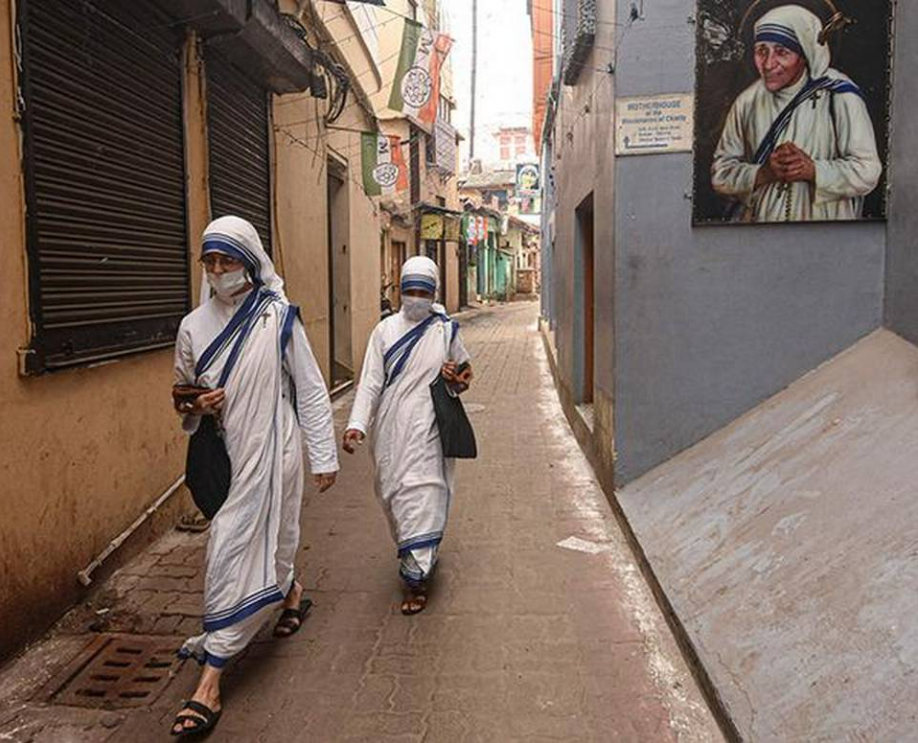Free Courses Sale ends Soon, Get It Now


Free Courses Sale ends Soon, Get It Now



Figure 1: No Copyright Infringement Intended
About FCRA :
|
Provision |
Amended Provisions |
|
Prohibition to accept Foreign Contribution |
The amended act adds public servants (as defined under the Indian Penal Code) to this list.
|
|
Transfer of foreign contribution |
The amended Act amends this to prohibit the transfer of foreign contribution to any other person. |
|
Aadhaar for registration |
The amendment adds that any person seeking prior permission, registration or renewal of registration must provide the Aadhaar number of all its office bearers, directors or key functionaries, as an identification document. |
|
FCRA account |
The Act amends this to state that foreign contribution must be received only in an account designated by the bank as “FCRA account” in such branch of the State Bank of India, New Delhi, as notified by the central government. No funds other than the foreign contribution should be received or deposited in this account.
|
|
Restriction in the utilisation of foreign contribution |
The amendment adds that the government may also restrict usage of unutilised foreign contribution for persons who have been granted prior permission to receive such contribution. |
|
Renewal of license |
The Bill provides that the government may conduct an inquiry before renewing the certificate to ensure that the person making the application: (i) is not fictitious or benami, (ii) has not been prosecuted or convicted for creating communal tension or indulging in activities aimed at religious conversion, and (iii) has not been found guilty of diversion or misutilisation of funds, among others conditions. |
|
Reduction in use of foreign contribution for administrative purposes |
The amendment reduces this limit to 20%. |
© 2024 iasgyan. All right reserved